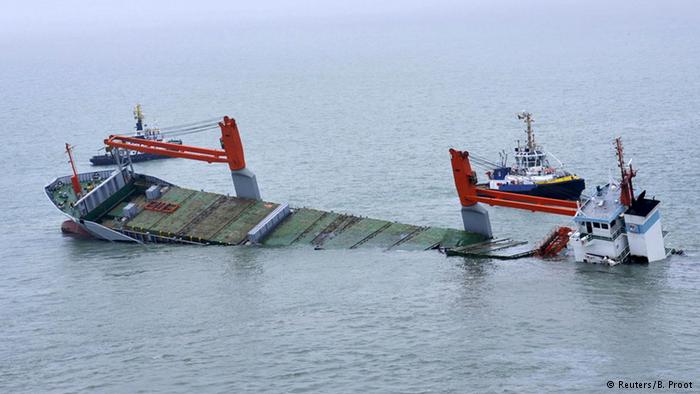CanRC Committee Recommends “Restriction” on Relationship with Netherlands


Though I’m no longer a CanRC minister, I’m still going to take an active interest in developments back in Canada. The CanRC are scheduled to have their next synod in 2016. The committee reports are getting posted on the federation website. One of the most-anticipated reports was from the subcommittee dealing with the relationship that the CanRC have with the Reformed Churches in the Netherlands (Liberated). Numerous weighty concerns have been expressed about the Dutch churches, so it was only going to be a question of how hard the report would come down.
Naturally there’s a comparison to be made with the Free Reformed Churches of Australia. If you recall, the FRCA decided to suspend the relationship and see what happens before making a final decision at our next synod in 2018. More details can be found here in this blog post from a while back.
You can find the full Canadian report here. It is quite lengthy, so I’ll just cut to the chase. The Canadian subcommittee decided to recommend restricting the relationship. Conditions have been placed upon the relationship. Specifically:
Rule numbers 4 and 5 for Ecclesiastical Fellowship which deal with the automatic acceptance of attestations from the RCN and the privilege of the pulpit for RCN ministers are to be considered to be null and void. Consistories are urged to exercise due diligence to ensure that those whose attestations from the RCN are accepted are sound in doctrine and conduct. Should a church desire to call a minister from the RCN, the concurring advice of classis is required before such a call is issued. In the case of visiting ministers from the RCN, consistories are urged to exercise careful diligence and should be fully assured of the sound doctrine and the godly life of the minister involved. Furthermore, consistories should advise their members who are travelling to the Netherlands not to automatically join a RCN congregation but to be discerning where they worship.
In some respects, this is similar to what the Australian churches have done. However, the second part of the recommendation goes further than the Australian decision:
If the next Synod of the RCN makes a clear statement indicating that these churches are returning to acknowledging the full authority of Scripture and show that commitment by as yet acting on our concerns expressed in the letter of admonition from Synod Carman 2013 regarding the TUK, women in office, and other matters such as homosexuality mentioned in our reports, the normal sister relationship will resume. If however the next Synod of the RCN maintains the present course of deformation then by that very fact this Synod will break the relationship of the RCN with the CanRC and the CanRC will consider the sister relationship to have ended.
This recommendation, if adopted, would put the ball squarely in the RCN court. The CanRC would not have to wait until their next Synod for a decision — the RCN would make the decision, either by acting or not acting, at their next synod.
Readers should keep in mind that this is just the recommendation of the sub-committee. Local CanRC consistories are now going to consider this report and, undoubtedly, some will interact with it via a letter to Synod 2016. Then Synod 2016 will have to weigh the matter and make a decision whether to adopt the recommendations as they are or perhaps take a different path. Many of us will be watching this with great interest. While I pray that the Dutch churches will still change their course, I also pray that the Canadian churches will stand fast and do the right thing. This situation cannot be allowed to fester forever.


